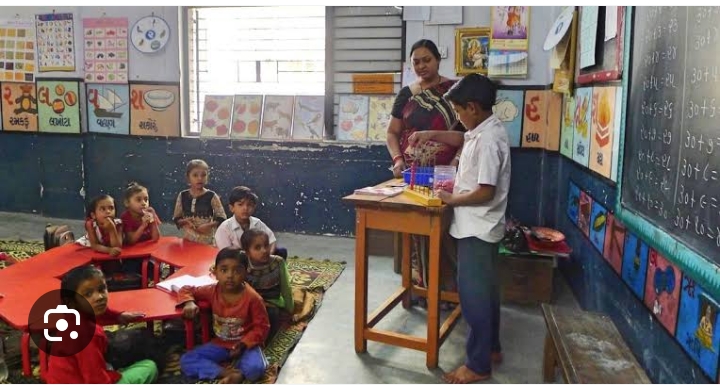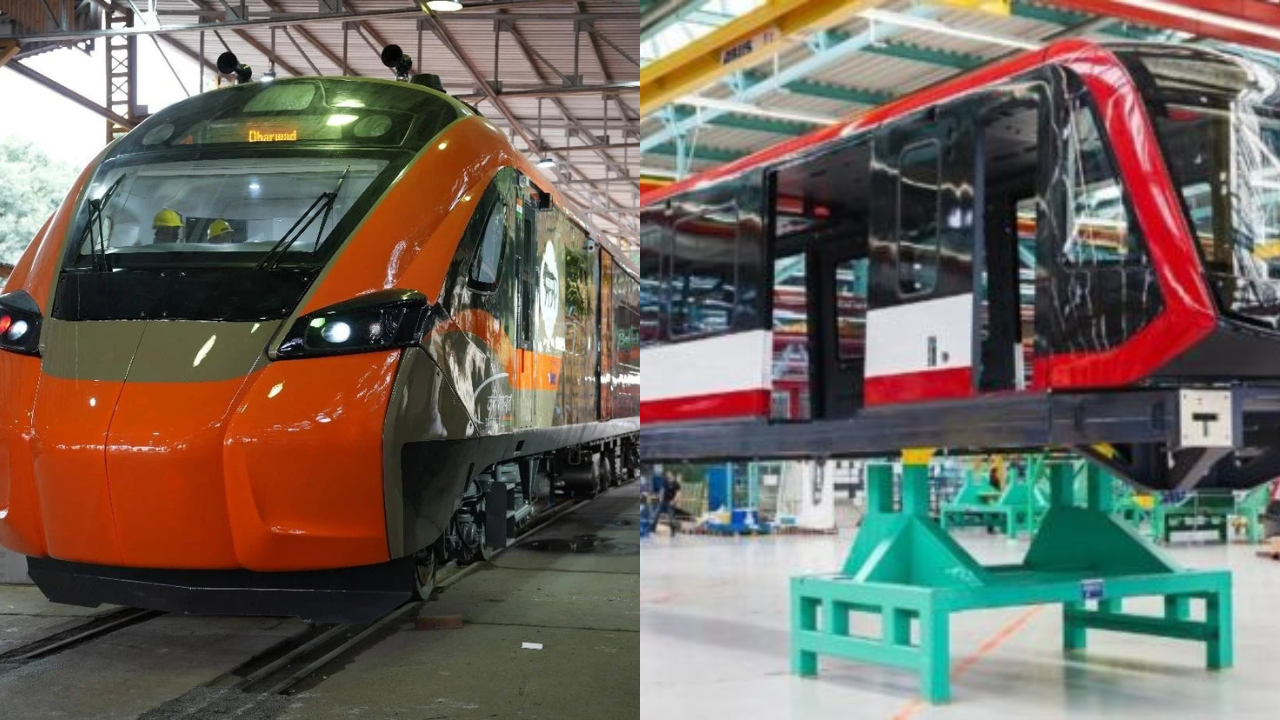Primary education forms the foundational framework upon which a nation’s growth and development stand. In the context of India, it serves as a hidden pillar, essential for fostering socio-economic progress and ensuring a robust future for the country.
First and foremost, primary education is the cornerstone of individual empowerment. It equips children with the basic knowledge and skills necessary to navigate the complexities of the modern world. The ability to read, write, and comprehend not only opens doors to further learning but also empowers individuals to actively participate in civic life. A literate populace is better positioned to make informed decisions, engage in meaningful dialogue, and contribute effectively to the democratic processes that govern the nation.
Moreover, primary education is instrumental in breaking the cycle of poverty. By providing children with a strong educational foundation, it enhances their prospects for future employment and economic independence. Education empowers individuals to pursue diverse career paths, fostering a skilled workforce that is crucial for the growth of industries and the overall economy. This, in turn, contributes to poverty alleviation and creates a more equitable society.
Additionally, primary education plays a pivotal role in promoting social cohesion and inclusivity. It acts as a unifying force by bringing together children from diverse backgrounds, fostering understanding, tolerance, and a sense of shared identity. Exposure to a common educational experience lays the groundwork for a harmonious society, reducing disparities and promoting a collective sense of responsibility towards the nation’s progress.
Furthermore, the hidden impact of primary education extends to healthcare outcomes. Educated individuals are more likely to adopt healthier lifestyles, make informed decisions about their well-being, and access healthcare services when needed. As a result, an emphasis on primary education contributes to improved public health, reducing the burden on the healthcare system and enhancing overall societal well-being.
In the context of India, a country with a burgeoning population, the significance of primary education becomes even more pronounced. The demographic dividend, often touted as a potential driver of economic growth, can only be fully realized through a well-educated and skilled workforce. Primary education lays the groundwork for harnessing this demographic advantage by ensuring that the youth are equipped with the necessary skills to contribute meaningfully to the workforce.
In conclusion, while primary education may operate as a hidden pillar, its impact on India’s growth is undeniable. It shapes the destiny of individuals, breaks the chains of poverty, fosters social cohesion, improves healthcare outcomes, and lays the foundation for a robust and dynamic nation. As India continues its journey towards progress and development, recognizing and strengthening this hidden pillar is imperative for building a sustainable and flourishing future.
For more information visit at https://happenrecently.com/zepto/?amp=1







